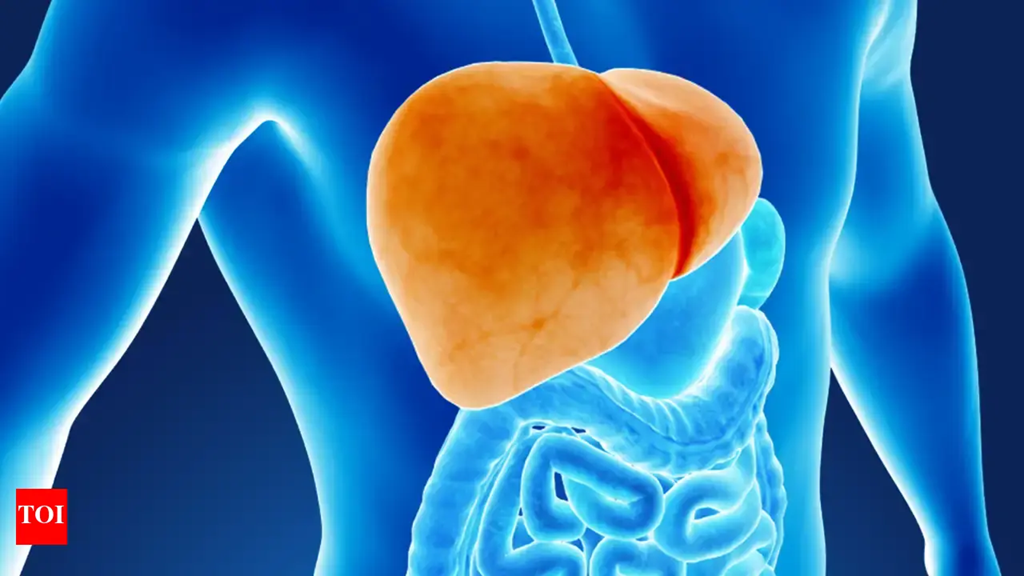
Researchers at the Washington University School of Medicine (WashU Medicine) in St. Louis have identified a potential new use for a drug currently in clinical trials for breast cancer. Two studies published in Nature Communications and Blood Cancer Journal reveal that inhibiting the protein RSK1 can halt the progression of myeloproliferative neoplasms (MPNs) and a specific form of acute myeloid leukemia (AML). This discovery could lead to new treatment options for these challenging blood cancers.
MPNs are slow-growing blood cancers that can simmer for years, but they carry a significant risk of transforming into secondary AML, an aggressive disease with limited treatment options. Existing therapies for MPNs focus on symptom management, such as reducing fatigue and spleen enlargement, but do little to prevent disease progression. The findings from these studies suggest that blocking RSK1 may provide a way to not only slow MPN progression but also potentially reverse the disease.
“These patients have no effective medical therapies, so we hope this new drug will help fill that gap in clinical care,” said senior author Stephen T. Oh, MD, PhD, co-director of the division of hematology at WashU Medicine. “At minimum, we’re hopeful this drug can stop the chronic disease from progressing to AML. But the goal is to eliminate the disease and get patients into remission.”
The studies used PMD-026, an investigational RSK inhibitor currently in trials for breast cancer. In mouse models of MPN, the drug reduced bone marrow fibrosis and eliminated up to 96% of cancer cells in just four weeks. Additionally, PMD-026 showed promise in preventing MPNs from transforming into secondary AML. In a separate study, the drug demonstrated efficacy against a specific type of AML (FLT3-ITD AML), which often develops resistance to existing therapies. By targeting a different pathway, RSK1 inhibition could address this resistance.
The potential impact of RSK1 inhibition extends beyond symptom relief. According to Oh, this treatment may improve patients’ health to the point where they become eligible for stem cell transplants—a preferred therapy for achieving long-term remission in many blood cancers.
“This is an exciting development because it highlights RSK1 as a novel therapeutic target for MPNs and AML, with a viable strategy for advancing this investigational drug into clinical trials,” Oh said. His team, including MD-PhD student Tim Kong, collaborated with Phoenix Molecular Designs, the biotech company that developed PMD-026, which provided the drug for these studies.
If PMD-026 receives approval for breast cancer, it would be the first drug to target the RSK family of proteins. With promising preclinical results in blood cancers, the research team is now exploring the design of clinical trials for patients with advanced MPNs who are not eligible for stem cell transplantation.
By repurposing PMD-026 for blood cancers, this research highlights how existing drugs can be adapted to address unmet medical needs, potentially transforming outcomes for patients facing these challenging diseases.







![Best Weight Loss Supplements [2022-23] New Reports!](https://technologytangle.com/wp-content/uploads/2022/12/p1-1170962-1670840878.png)




